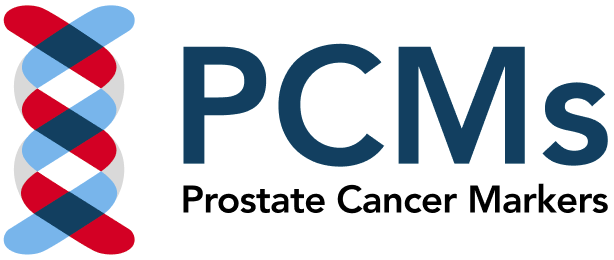What do my phi test results mean?
The Prostate Health Index (phi) is a test that utilizes the combination of three blood tests to produce a "phi score".
The test was designed for men who have a PSA between 4 and 10 ng/ml. A multicenter study published in the Journal of Urology found that phi provides more accurate information than PSA alone at determining which individuals may need a prostate biopsy and which individuals have an elevated PSA that is more likely due to a benign condition, such as an enlarged prostate or an infection in the prostate.
Interpreting Your Phi Test Results
Your Prostate Health Index test results will provide you with scores ranked as within range or out of range for the three tests that make up the phi score. These tests are:
- PSA: PSA (prostate specific antigen) is a protein that is produced by prostate cells. In this case, PSA represents Total PSA, which is the PSA that is bound to other proteins as well as PSA that is found on its own in the blood. The PSA that is found on its own is known as PSA Free.
- % Free PSA: This is the PSA Free divided by the PSA bound to other proteins (and the approximate percentage that this constitutes).
- p2PSA: This is a test that measures the amount of -2 pro PSA in the blood, a special type of free floating (unbound to other proteins) PSA which has been shown in research to be present in higher concentration when cancer is present (as opposed to Total PSA, which can be elevated in the presence of benign conditions such as an enlarged prostate or a prostate infection).
The results also will give you a phi score. This score is a special calculation of the three tests. This score helps your healthcare provider understand the likelihood of a prostate biopsy being positive or negative for prostate cancer. Healthcare providers use this score along with other tests, your health history and physical exam to help determine whether to recommend that you get a biopsy.
Higher phi scores indicate a higher likelihood of finding prostate cancer with a biopsy. A phi score less than 27 indicates a 9.8% chance of finding cancer, while a phi score of 55 of higher indicates a 50.1% chance of finding cancer, according to maker Beckman Coulter.
The National Comprehensive Cancer Network (NCCN) Guidelines for Prostate Cancer Early Detection indicate that a phi score greater than 35 is strongly suspicious for prostate cancer.
For more information on the test, how it is used, and how to interpret your results, please refer to the Beckman Coulter website.
